Respecting diverse communities in healthcare ensures patients receive high-quality care. It is imperative that the needs of different patient populations are understood, and the laboratory can be a leader in achieving this goal. To spotlight the Hispanic and Latinx communities, we are highlighting resources to assist pathologists and laboratory professionals in creating a more inclusive environment.
Diversity in healthcare—for both employees and patients—is essential for delivering high-quality patient care. When we understand the diverse needs of our staff and patient populations both inside and outside of the laboratory, we become leaders in fostering inclusive care. The interviews and resources below spotlight the Hispanic and Latinx communities to help pathologists and medical laboratory scientists achieve this goal.
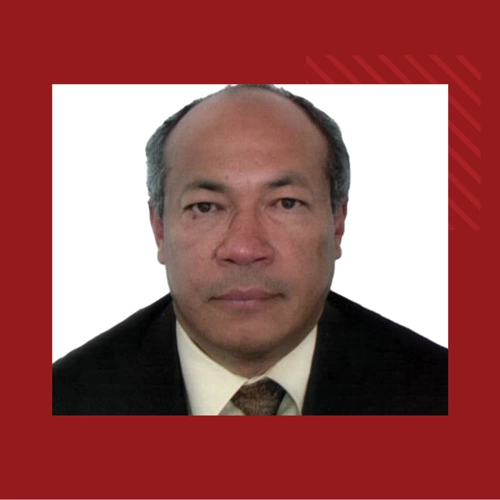
Henry Alvarez, MD, was initially inspired to pursue a career in the laboratory by the opportunity to analyze a wide variety of specimens and contribute to helping ease the suffering patients, as well as playing a vital role in advancing patient care. Here, Dr. Alvarez shares more about his career journey in the laboratory.
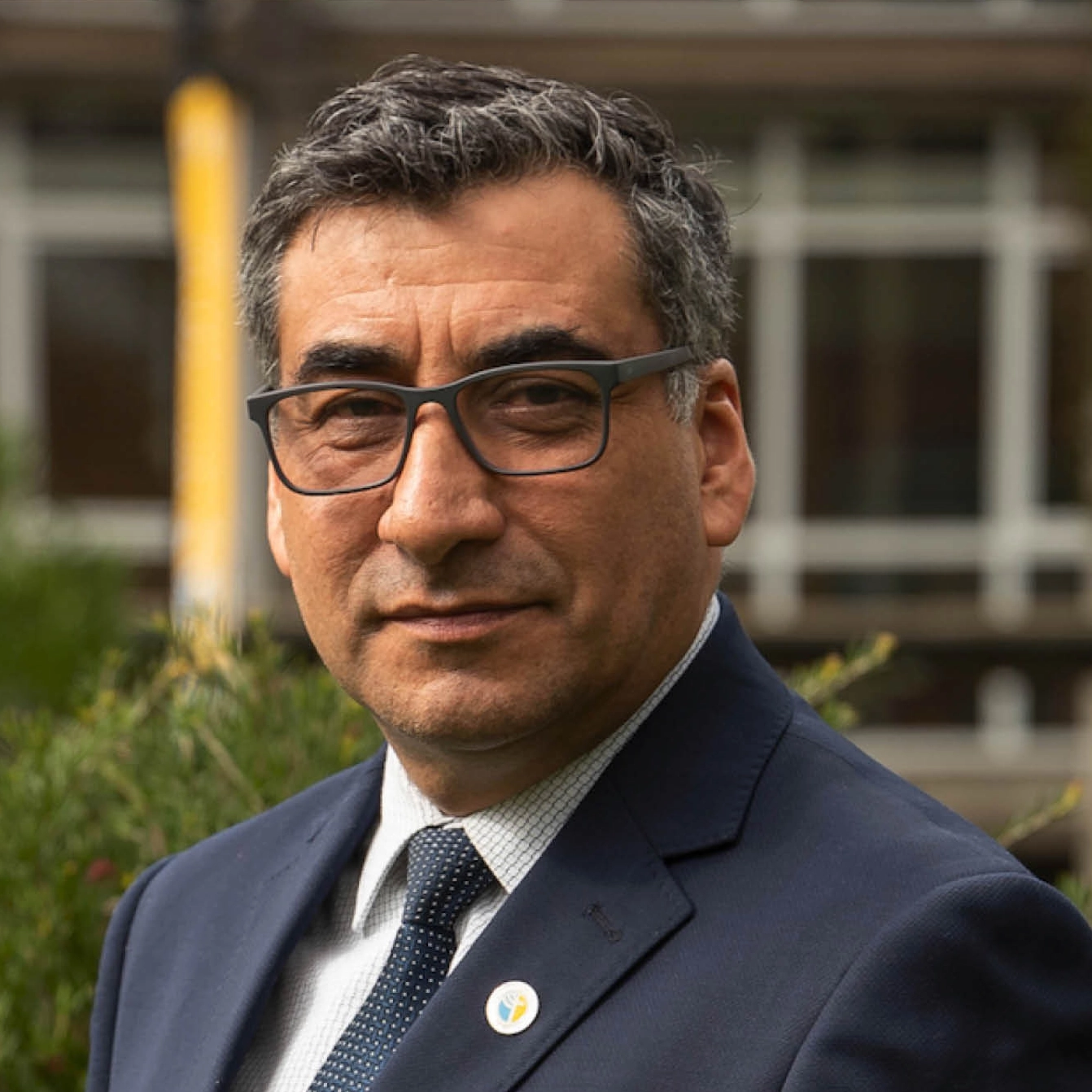
When Víctor Silva Vargas, PhD, was around 10 years old, he became very interested in biology, especially the latest developments in health sciences and biomedicine, which he learned about from encyclopedias and television shows. Dr. Silva Vargas shares his insight on the laboratory, patient care, and more.
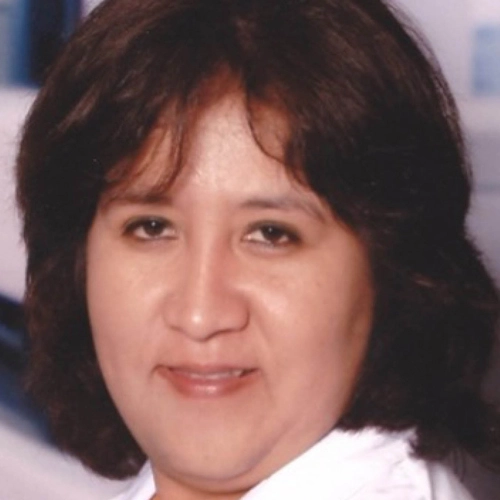
For Silvia Flores Toledo, MLS, MPHc, the most rewarding and fascinating aspect of laboratory medicine is its constant evolution and its ability to transform healthcare. Her experience has taught her that the greatest potential to improve patients’ lives and clinical outcomes lies at the intersection of technology, quality management, and strategic vision.
The Dismal History of Cancer Treatment and Ongoing Racial Disparities. Read More
Examining the role of diversity, equity, and inclusion in mitigating workforce burnout in laboratory medicine. Read More
Subtyping and Survival of Invasive Ductal Carcinoma among Hispanic and Non-Hispanic White Women in Tucson, Arizona. Read More
Critical Update for Hispanic/Latinx Heritage Month and Indigenous Peoples’ Day. Read More
Strategies for Promoting DEI in the lab. Read More

For Matthew Hernandez, MD, PhD, the idea that a pathogen could profoundly impact someone’s life ignited his interest in understanding the eternal battle humans face with microbes. Read on to find out more about his path to the laboratory.

From his language to what he cooks to how he reflects on the daily beauty and strength of his culture, the Afro-Brazilian heritage of Filipe Cerqueira, PhD, D(ABMM), is never far from mind.
He shares his thoughts on the impact the laboratory has on patient care, his experience with inclusive workspaces, and more.
Letycia Nuñez-Argote, PhD, MPH, CPH, MLS(ASCP)CM, shares her experience in the lab during the COVID-19 pandemic.
318 Chagas Disease: A Concern for Latin American Immigrants
A novel high-resolution melting analysis strategy for detecting cystic fibrosis–causing variants
Inclusive environments that respect the diverse communities in healthcare are essential to high-quality care. Not only do inclusive environments ensure patients are receiving the right care at the right time, they also help foster a diverse leadership base within pathology and laboratory medicine. In celebration of Hispanic and Latinx leaders in the laboratory in 2022, several of these leaders shared their insight and experiences, as well as how they are shaping the face of healthcare and giving back to the profession.
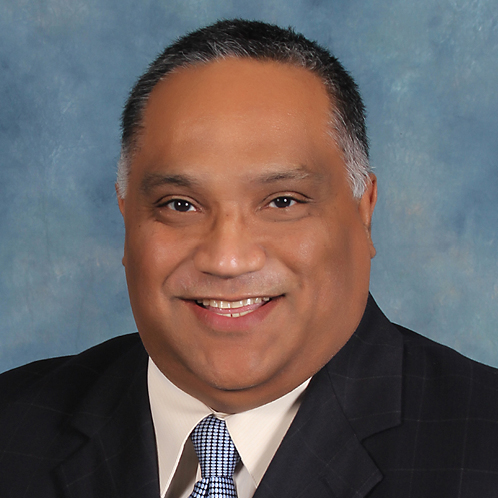
Professor and histotechnology program director at Florida State College at Jacksonville, Jerry Santiago, PhD, HTL(ASCP)QIHC, discusses his thoughts on sharing his knowledge throughout his career.
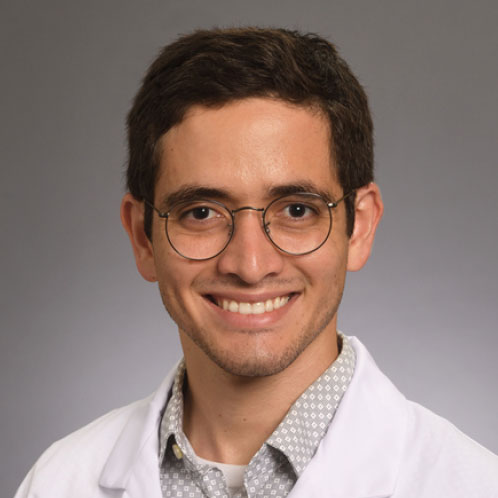
Bryan Morales-Vargas, MD, a neuorpathology fellow at Emory University, grew up in Puerto Rico, and now, living in the U.S., appreciates the perspective he’s gained on his heritage. In this Q&A, he shares his thoughts on diversity in the laboratory and healthcare issues.
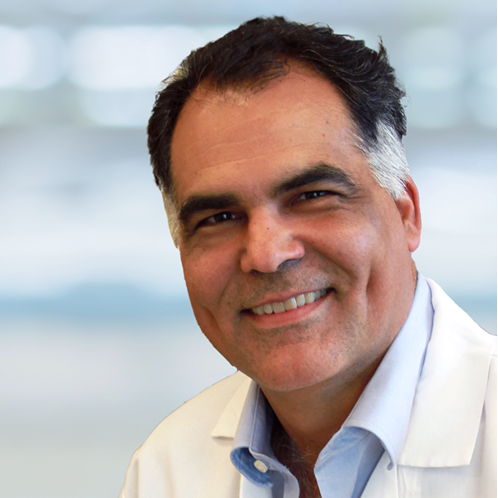
Carlos S. Moreno, PhD, changed career paths from aerospace engineering to cancer research when a family member became ill. Dr. Moreno shares his thoughts on diversity in the laboratory, and his hopes for his professional legacy.
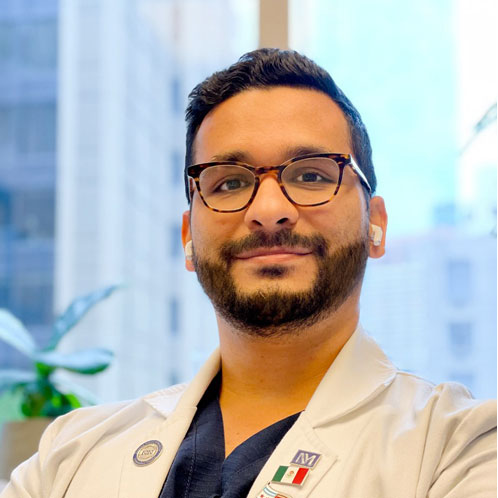
For Jorge E. Novo, MD, his Mexican heritage means pride in his culture, obligation to his community, and duty to elevate himself and others. Here, Dr. Novo shares his insight on diversity in the laboratory and how the laboratory can be a partner in addressing inequities.
Creating an environment that is inclusive and respectful of the diverse communities that healthcare serves is critical. It both helps improve delivery of high-quality care, and also fosters growth of pathology and laboratory professionals as leaders in the profession. To celebrate Latinx History Month in 2021, Latinx leaders from the pathology and laboratory medicine community shared their thoughts and experiences on what it means to be Latinx in healthcare, health myths surrounding the Latinx culture, what health professionals can do to better understand the Latinx community, and more.
Read the Q&As below!
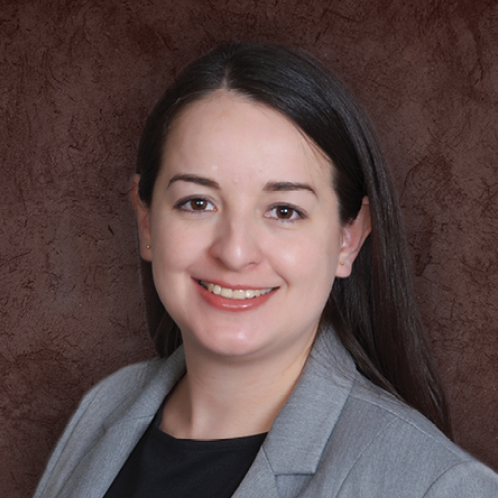
What does the term Latinx mean to you? How does it inform more equitable patient care? Letycia Nunez-Argote, MPH, CPH, MLS(ASCP)CM, shares her thoughts on these questions and more.
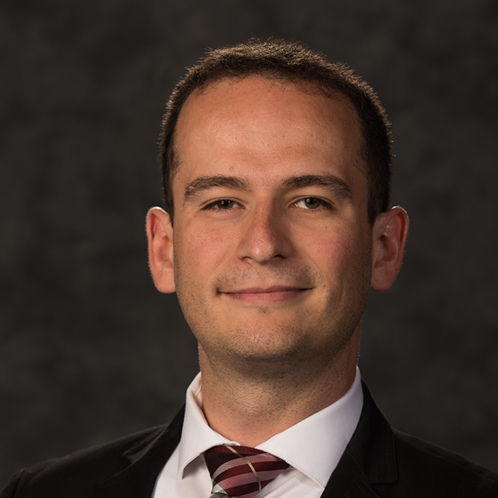
Carlos Parra-Herran, MD, says that the adaptability of Latinx people has aided them in facing—and overcoming—challenges. Read on to find out more.
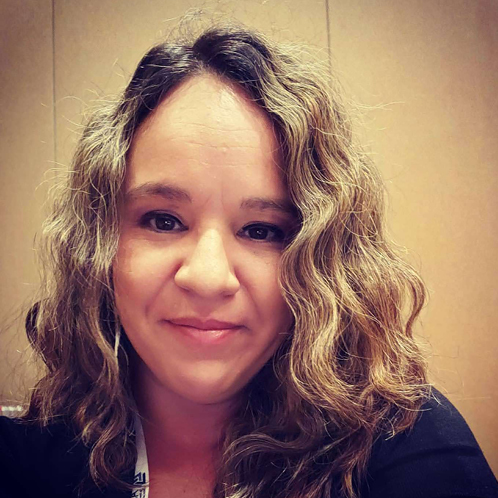
Emilia Marrero-Greene, MEd, M(ASCP)CM, MT(AAB), shares her thoughts on how healthcare providers can deepen understanding of the Latinx community and more.
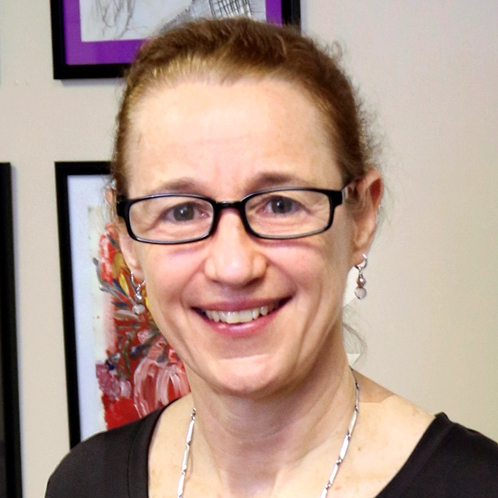
Jeannette Guarner, MD, shares her thoughts on being part of the Latinx healthcare community, and how the community can increase understanding of Latinx patients.